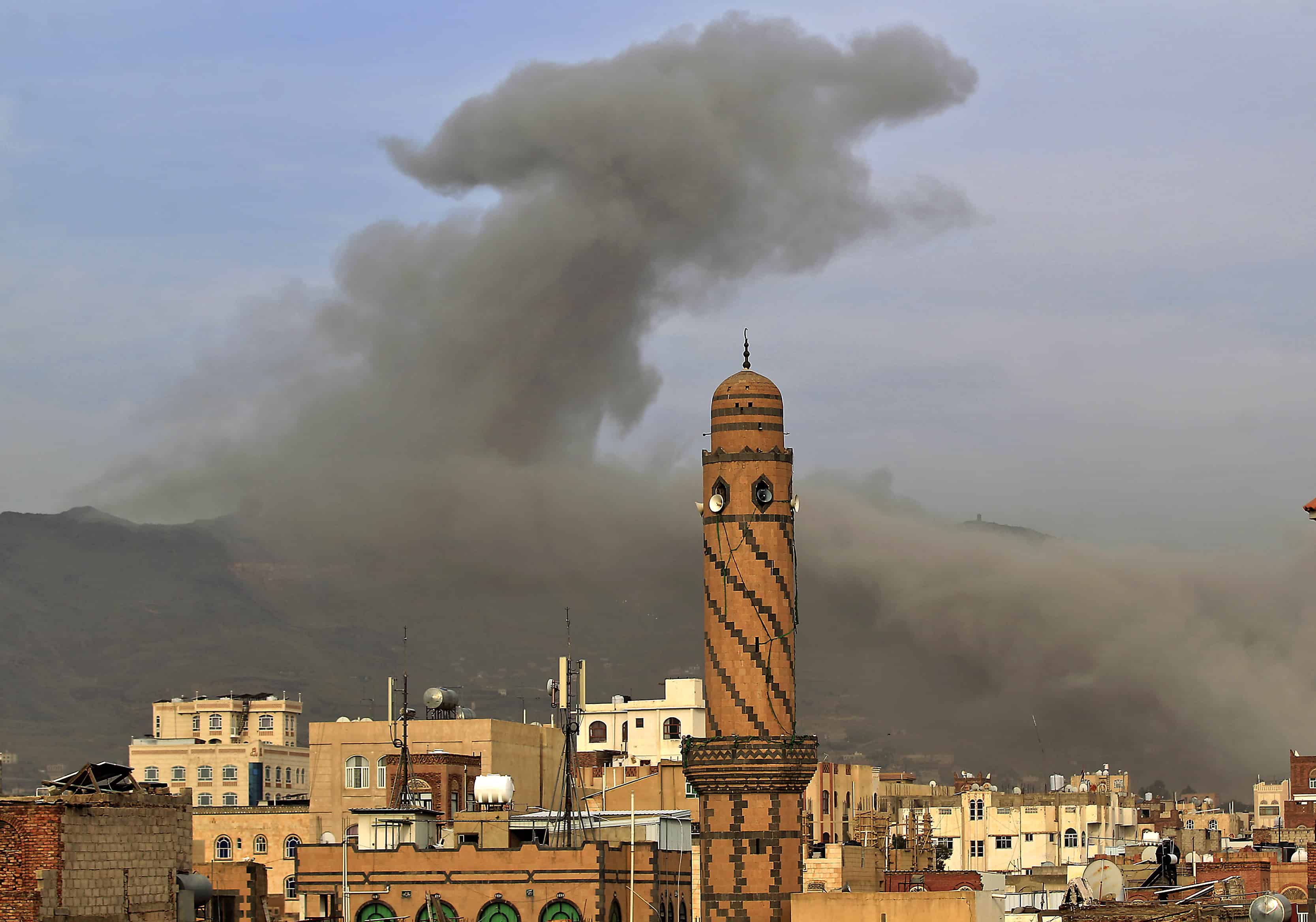United Nations, United States–The surprise rapprochement between Saudi Arabia and Iran should offer momentum toward peace by the warring parties in Yemen after eight years of conflict, UN officials said Wednesday.
The UN Security Council on Wednesday discussed the impact on Yemen of the shock Chinese-led announcement on March 10 that diplomatic relations between Sunni Saudi and Shiite Iranian rivals would be restored within two months.
Hans Grundberg, the UN Secretary General’s Special Envoy for Yemen, urged the parties to the conflict to “seize the opportunity” of this diplomatic breakthrough in the Gulf.
“Intense diplomatic efforts are ongoing at different levels to bring the conflict in Yemen to an end,” Grundberg told the Security Council via videolink.
The Swedish diplomat was in Tehran this week, while his US counterpart Timothy Lenderking visited Riyadh and Oman on Tuesday, according to the State Department.
Grundberg welcomed a new “regional and international diplomatic momentum” to find a peaceful settlement in Yemen.
The 2014 seizure of the capital Sanaa by Iranian-linked Huthi rebels led to a 2015 intervention by neighboring Saudi Arabia, which leads a military coalition supporting Yemeni government forces.
The war has since claimed hundreds of thousands of lives — direct and indirect victims — and displaced millions. A truce in force since April 2022 and renewed twice expired in October without the Yemeni government and the Houthis reaching an agreement to renew it.
But the situation on the ground has remained relatively calm for nearly a year.
Facing the press at the UN in New York, Stephane Dujarric, spokesman for Secretary-General Antonio Guterres, also welcomed the rapprochement between Riyadh and Tehran.
“This is clearly an opportunity (…) It is a big deal, to put it in diplomatic terms,” he said. “We hope that this creates a climate that is conducive to enshrining a political path towards peace in Yemen.”
However, this Iranian-Saudi detente will not bring a magic solution to Yemen, where the influence of the two regional powers on the protagonists is only one dimension of the conflict, analysts warn.
The country faces a multitude of challenges: humanitarian crisis, jihadist threat and separatist aspirations in the formerly independent south of Yemen.








